The Hague, July 09 (V7N) — The International Criminal Court (ICC) has issued arrest warrants for two of the Taliban’s most senior leaders—Supreme Leader Haibatullah Akhundzada and Chief Justice Abdul Hakim Haqqani—on charges of gender-based persecution and crimes against humanity.
The court said on Tuesday that there are “reasonable grounds to believe” the two men committed widespread abuses targeting Afghan women and girls, specifically after the Taliban took power on August 15, 2021, following the withdrawal of US troops.
Deprivation of Basic Rights
In a statement, ICC judges declared that “women and girls in Afghanistan were systematically targeted by the Taliban regime because of their gender”, resulting in the deprivation of fundamental rights, including education, freedom of movement, expression, religion, privacy, and family life.
The court also highlighted persecution based on sexuality and gender identity, noting that individuals whose identities do not conform to the Taliban’s gender norms were also criminalized or punished.
“The alleged crimes continued until at least January 20, 2025,” the ICC statement said.
Taliban Rejects ICC Authority
The Taliban government rejected the ICC warrants, calling them “absurd” and claiming the court has no jurisdiction over Afghanistan. Taliban spokesperson Zabihullah Mujahid defended the regime’s actions, stating, “The leadership and officials of the Islamic Emirate have established unparalleled justice in Afghanistan based on the sacred law of Islamic Sharia.”
Mujahid also accused the ICC of selective justice, criticizing its silence on “hundreds of women and children being killed every day in Gaza.”
Global Condemnation of Taliban Policies
The ICC action follows widespread international condemnation of the Taliban’s treatment of women. Since late 2022, countries including Turkey, Saudi Arabia, and Qatar have voiced concern over the Taliban’s ban on female education and exclusion of women from public life.
In January, ICC Chief Prosecutor Karim Khan warned that Afghan women were facing “unprecedented, brutal and ongoing abuses.”
A United Nations report found that under Taliban rule, at least 1.4 million school-age girls were deprived of education, with over 80% of girls across the country denied access to formal schooling.
A Landmark Case for Gender Justice
If carried out, this will be one of the first major ICC cases to prosecute gender-based crimes as central to a systemic policy by a government.
Human rights organizations have welcomed the decision. Human Rights Watch called it a “historic move to hold authoritarian leaders accountable for crimes specifically targeting women and girls.”
Whether or not the warrants will lead to arrests remains uncertain, as Afghanistan is not a party to the Rome Statute that established the ICC, and the Taliban is unlikely to cooperate.
However, legal experts say the warrants severely restrict international travel for the accused and increase diplomatic pressure on the Taliban regime, which is still seeking international recognition.
Source: Al Jazeera
END/RH/AJ



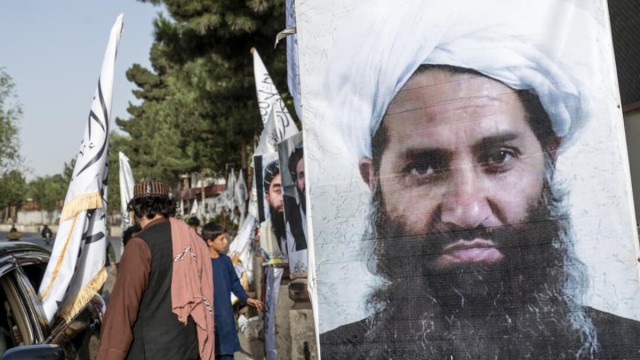
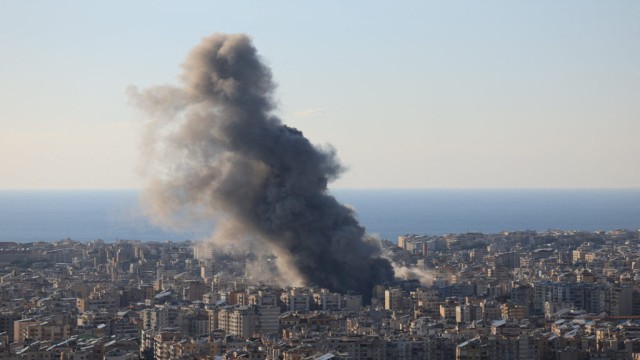
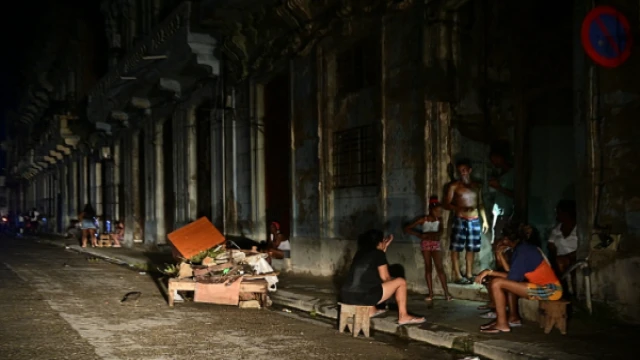

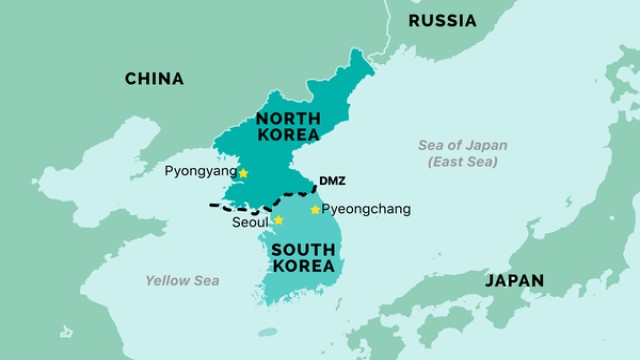
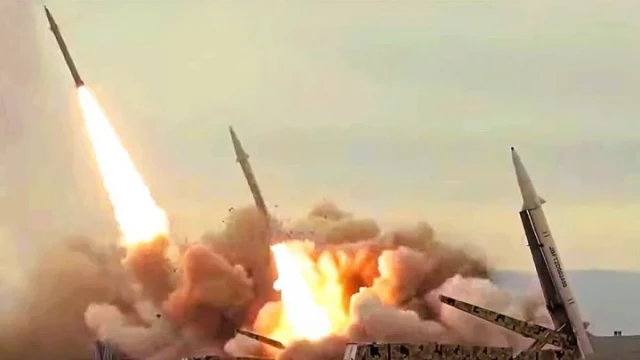
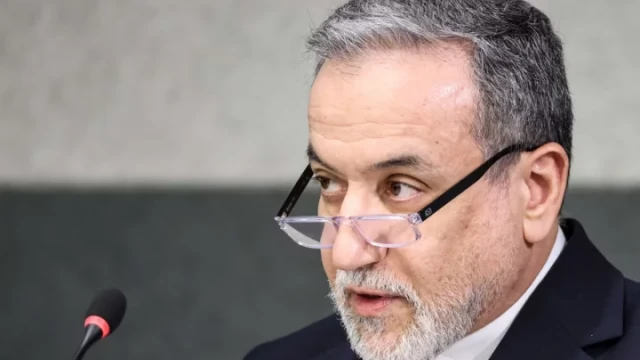

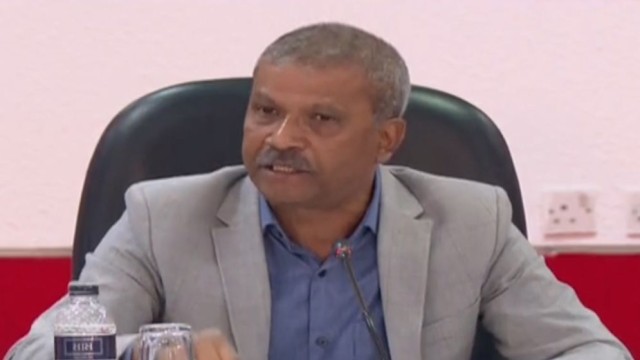
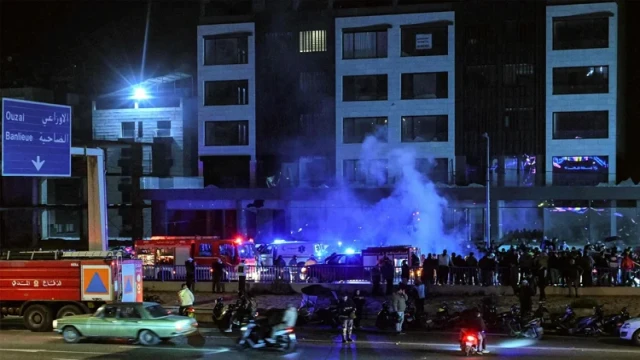














Comment: